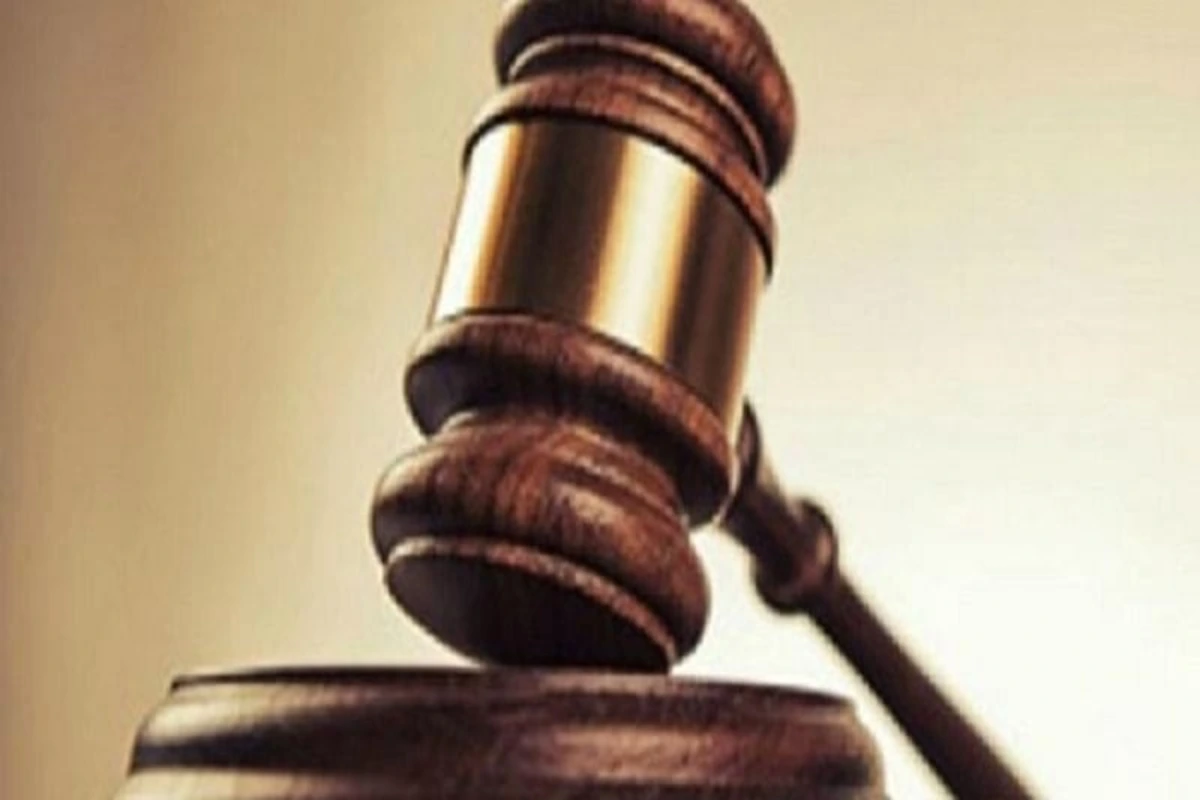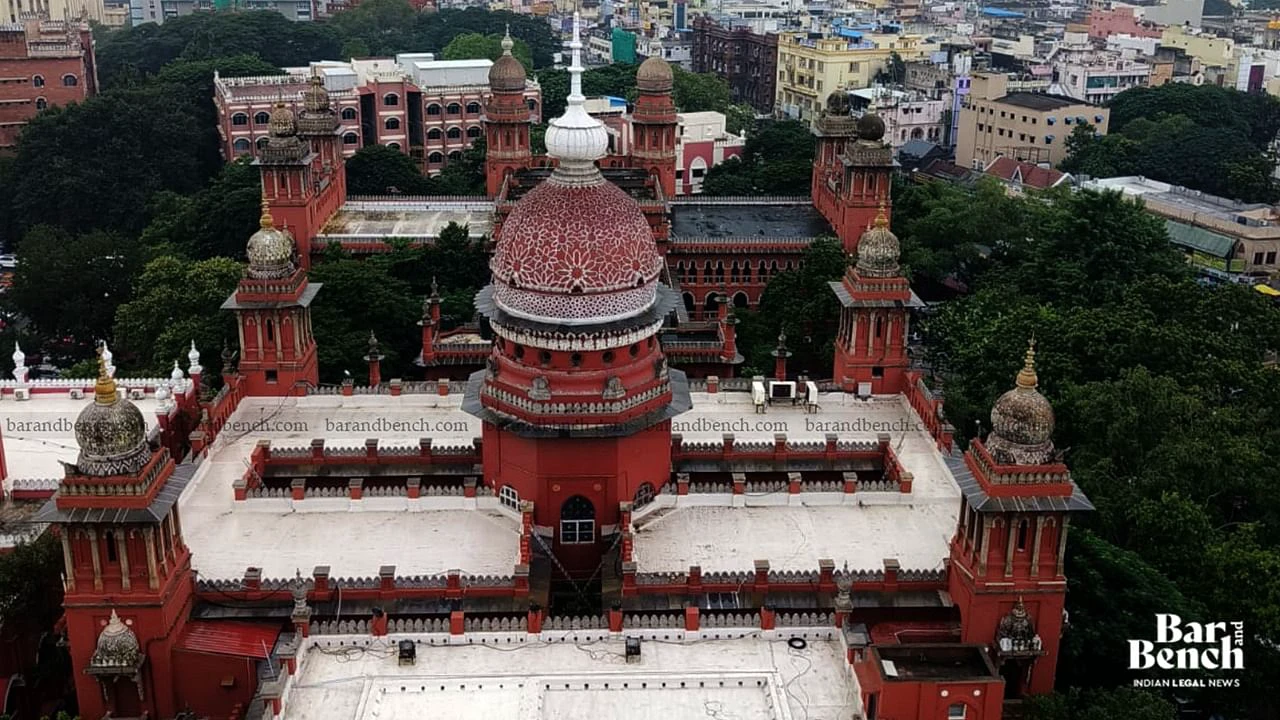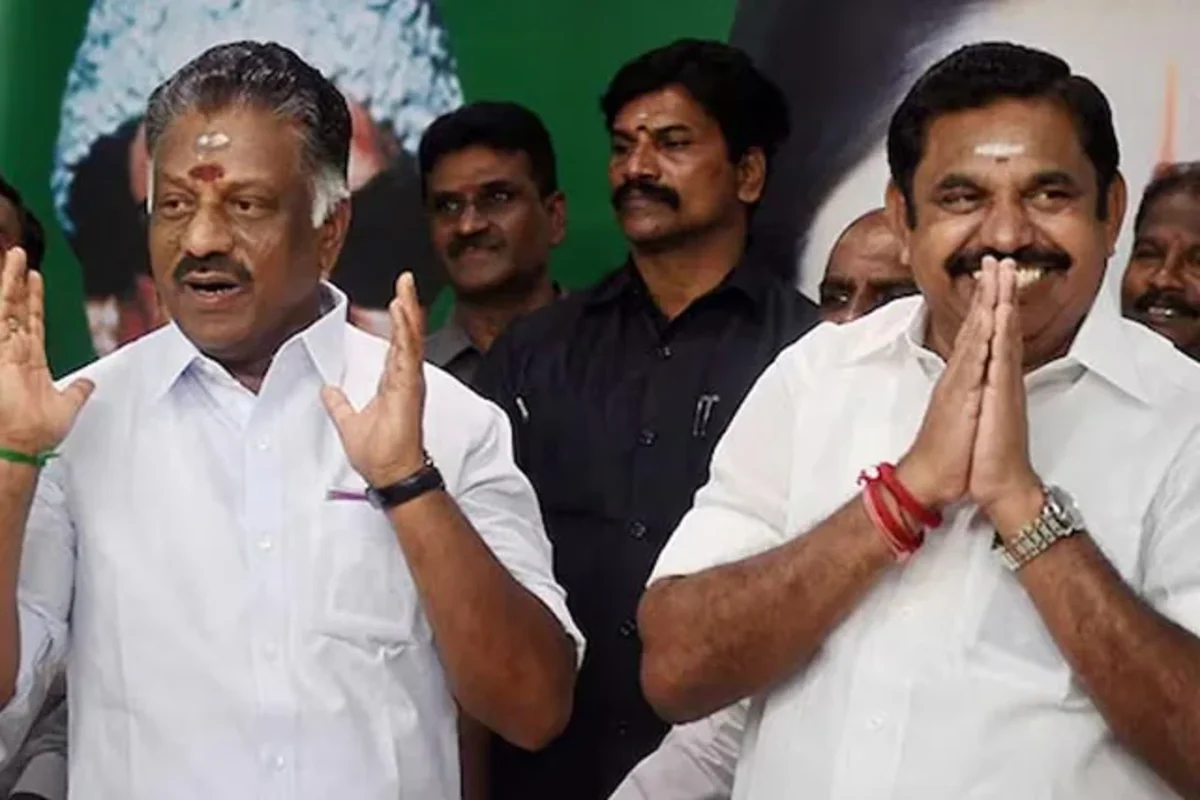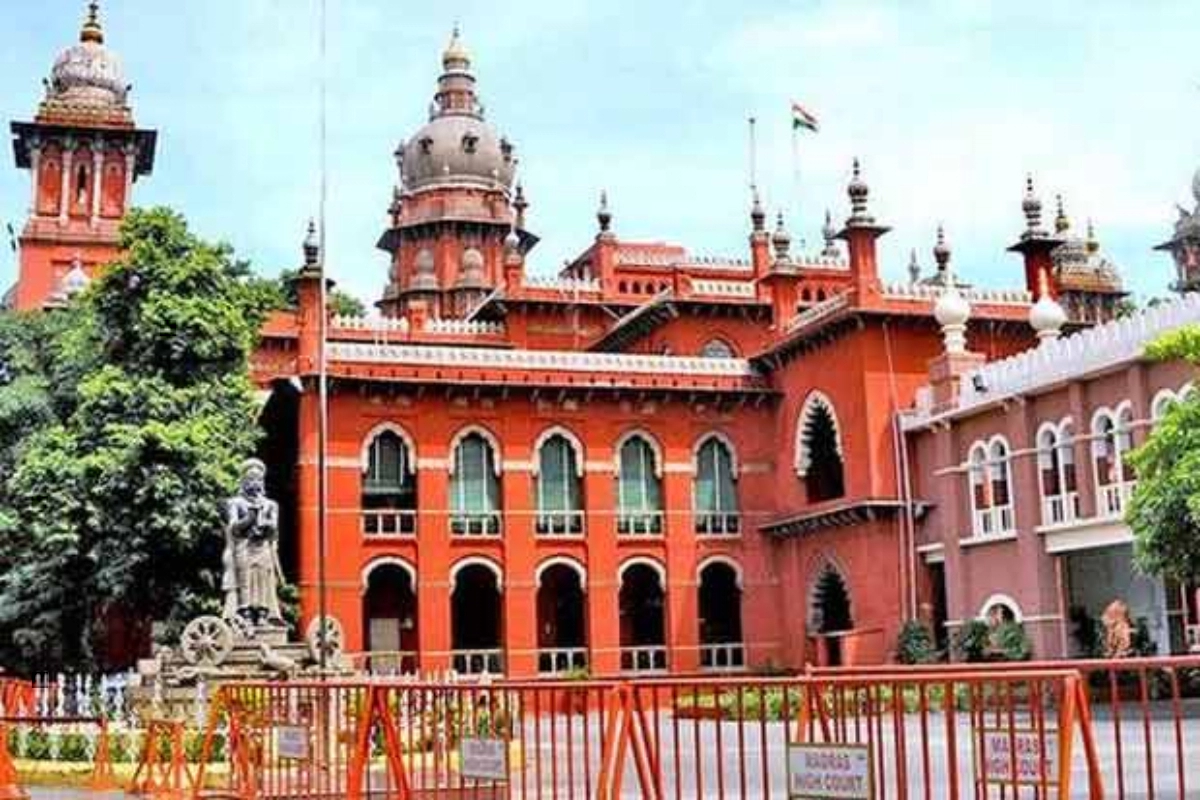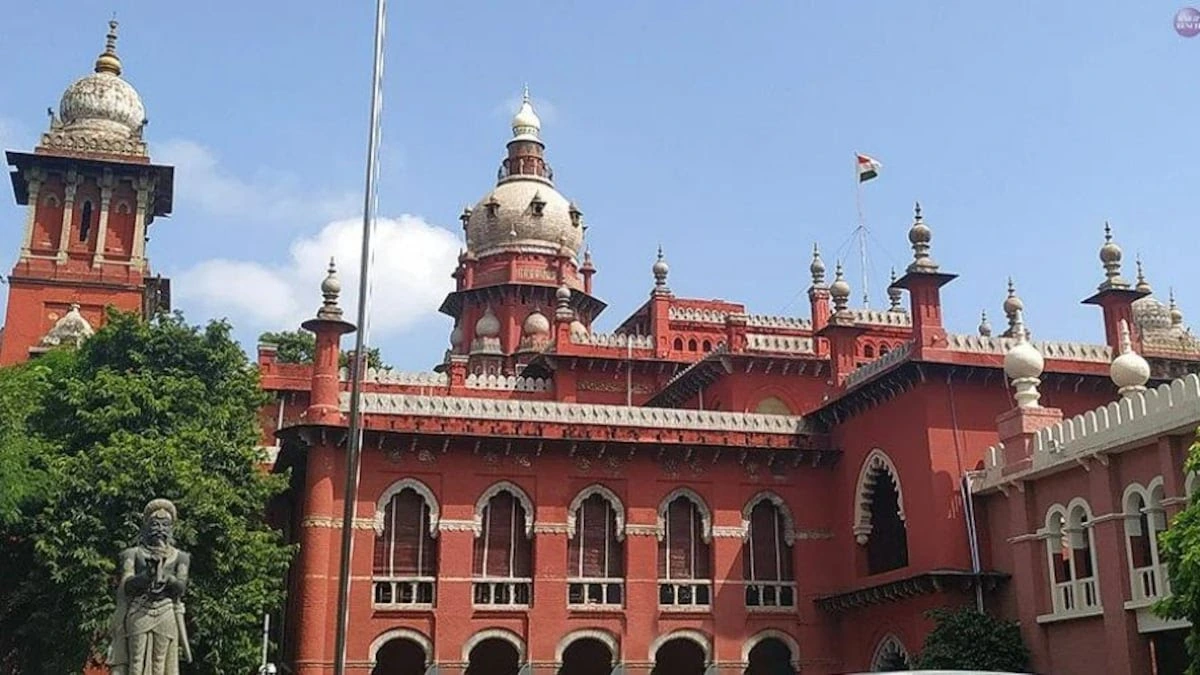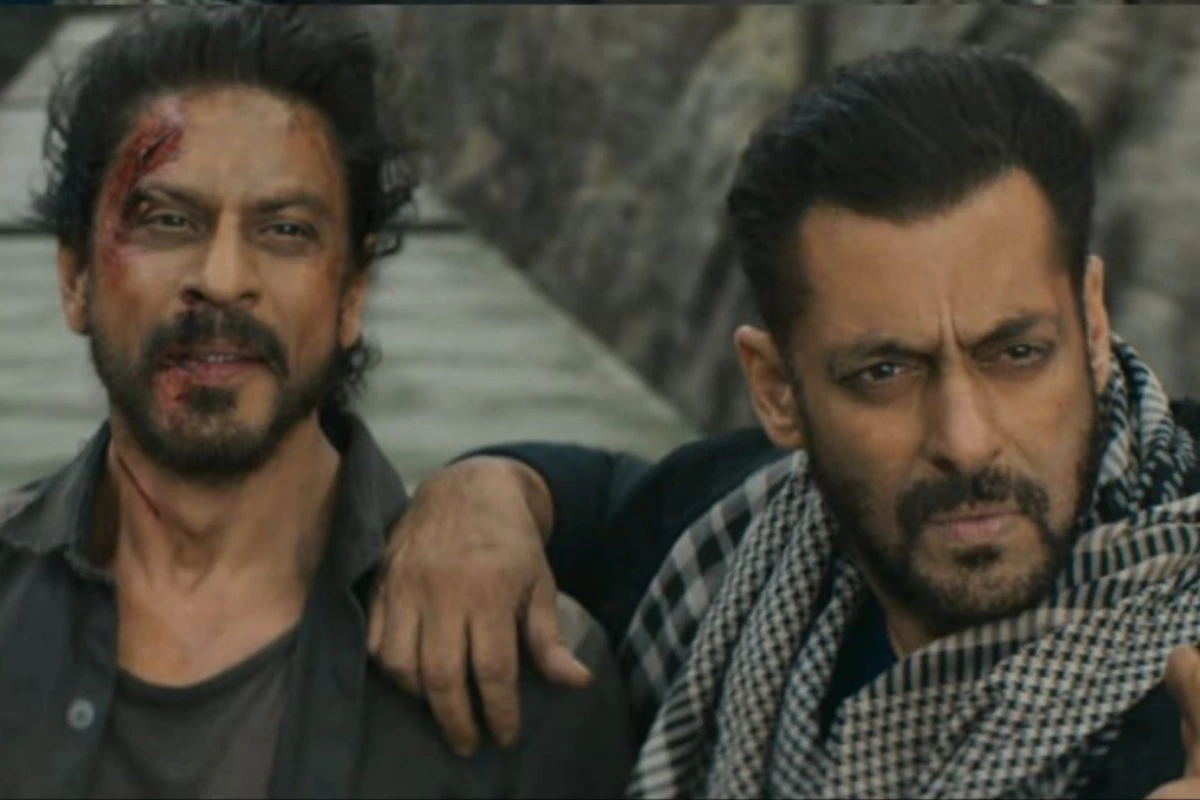Amidst the ongoing debate and political controversy surrounding statements made by DMK minister Udhayanidhi Stalin, the Madras High Court has made a significant ruling, asserting that ‘Sanatana Dharma’ represents a collection of ‘timeless responsibilities.’ These responsibilities are derived from various sources related to Hinduism or those who follow the Hindu way of life, encompassing duties to the nation, the monarch, parents, spiritual teachers, and care for the underprivileged, among others.
Justice N. Seshasayee, in a ruling dated September 15, acknowledged the spirited debates surrounding pro and anti-Sanatana Dharma perspectives and expressed genuine concern about the ongoing discourse. The court emphasized that when exercising the right to free speech in matters related to religion, individuals must ensure they do not inflict harm, and ‘free speech’ should not be misconstrued as ‘hate speech.’
The court addressed the misconception that Sanatana Dharma promotes casteism and untouchability, clarifying that untouchability, even if seen as permitted within the principles of Sanatana Dharma, has no place in a nation of equal citizens. It emphasized that Article 17 of the Constitution has declared untouchability abolished and that it is a fundamental duty of every citizen under Article 51A(a) to abide by the Constitution and respect its ideals and institutions.
The court referred to arguments from the petitioner, Elangovan, who contended that Sanatana Dharma neither approves nor promotes untouchability but insists on treating all equally. It noted that while religious practices evolve over time, harmful practices must be eliminated without compromising the essence of the faith.
The court’s ruling came in response to a petition challenging a circular issued by a local government college that had requested female students to express their views regarding ‘Opposition to Sanadhana’ on the birth anniversary of former Tamil Nadu Chief Minister and DMK founder CN Annadurai. Although the college had already retracted the circular, the court dismissed the plea.
The court underscored that ‘Sanatana Dharma’ encompasses various duties, including the duty to the nation, the king, parents, gurus, and care for the poor. It highlighted the importance of informed free speech, noting that while the right to free speech is inalienable, it is not absolute and is subject to restrictions under Article 19(2) of the Constitution.
Article 25 of the Constitution was also mentioned, granting all citizens the fundamental right to practice any religion.
Keep watching our YouTube Channel ‘DNP INDIA’. Also, please subscribe and follow us on FACEBOOK, INSTAGRAM, and TWITTER


